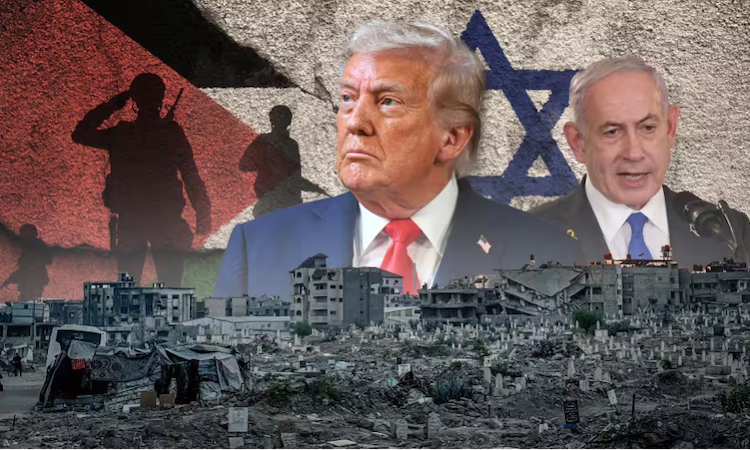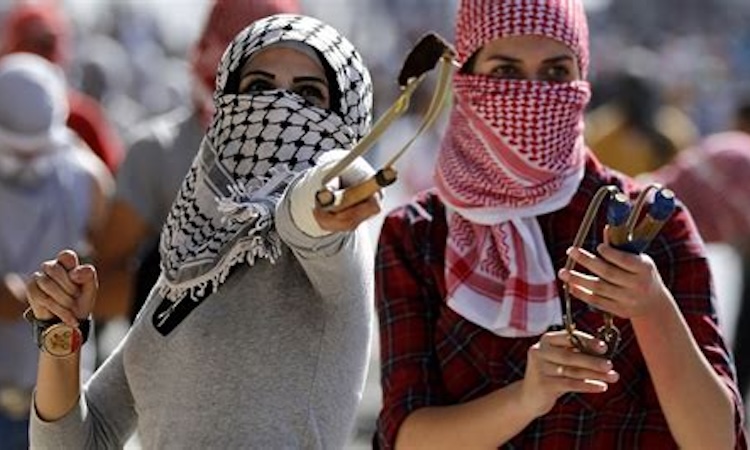On 31 July 2024, Ismail Haniyeh, the leader of Hamas, was murdered along with one of his bodyguards by Israel by means of a 2.00am ‘airborne guided projectile’ strike on a special residence for military veterans in the north of Tehran, where he was staying during the inauguration of Iran’s new president Masoud Pezeshkian.
Haniyeh’s whole life had been dedicated to the struggle of the Palestinian people against the injustice of having their land stolen from them, robbing the vast majority of them also from the life opportunities that they might otherwise have expected to have had.
He himself was a son of Palestinians driven out from their home in the coastal city of Ashkelon, in what is now Israel, during the Arab-Israeli war of 1948. He was born 15 years later, in January 1963, to a life of abject poverty in the al-Shati refugee camp in what was then the Egyptian-controlled Gaza Strip. However, he attended schools run by the United Nations, went on to work in Israel to support his family and turned out to be a person of exceptional ability and charisma.
He duly enrolled at the Islamic University of Gaza, where he earned a degree in Arabic literature and soon became active in politics, leading the student council. According to his obituary in the Times of 31 July 2024: “He graduated in 1987, the year of the first Palestinian intifada (uprising) against the Israelis’ military occupation of the West Bank and Gaza. It was also the year Hamas was founded and he joined immediately.”
After the Oslo accords were signed in 1993, Israel’s heavy hand of suppression of the Palestinian people was briefly lightened, and Haniyeh was able to take up the post of Dean of his old university. However, he was soon drawn back into politics when, in 1997, he was asked to become an assistant to the quadriplegic Sheikh Yassin, the imam who had founded Hamas, who had recently been released from an Israeli prison.
The Times’ obituary continues: “In 2003 the two men narrowly escaped an Israeli airstrike on an apartment block in Gaza city, leaving the building seconds before the missile hit.
“Six months later, Israeli helicopters killed Yassin as he left a mosque after dawn prayers … A month later Yassin’s successor, Abdel Aziz al-Rantisi, was also killed by an Israeli helicopter gunship, and Haniyeh became a member of Hamas’s collective leadership.”
After the Israelis withdrew from Gaza in 2005, Hamas won the territory’s parliamentary elections and Haniyeh briefly became prime minister of the Palestinian Authority.
In 2017, Yahya Sinwar was elected Hamas’s leader, a sign perhaps of the growing ascendancy of the group’s armed faction over the more pragmatic political wing of which Haniyeh was part. Meanwhile, Haniyeh took over from Khaled Meshaal as head of the Hamas political bureau that was based in Doha. There he became the supremely authoritative and impressive political and diplomatic face of Hamas.
Throughout his life, Haniyeh paid a heavy price for standing up for his people. Not only was he imprisoned several times by the Israelis, and not only has the prosecutor of the International Criminal Court joined his persecutors by issuing a warrant last May for his arrest for allegedly committing ‘war crimes and crimes against humanity’, but last “October the Israeli military killed his brother and nephew. In November it killed two of his grandchildren. In April it killed three of his adult sons – Amir, Muhammad and Hazem – in an airstrike, claiming they were all Hamas fighters …
“In June, his sister and her family were killed in an Israeli airstrike on their home in Gaza.” (Ismail Haniyeh obituary: political leader of Hamas, the Times, 31 July 2024)
His response to these personal tragedies was:
“All our people and all the families of Gaza have paid a heavy price in blood, and I am one of them,” but “We shall not give in, no matter the sacrifices.”













